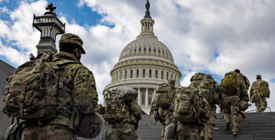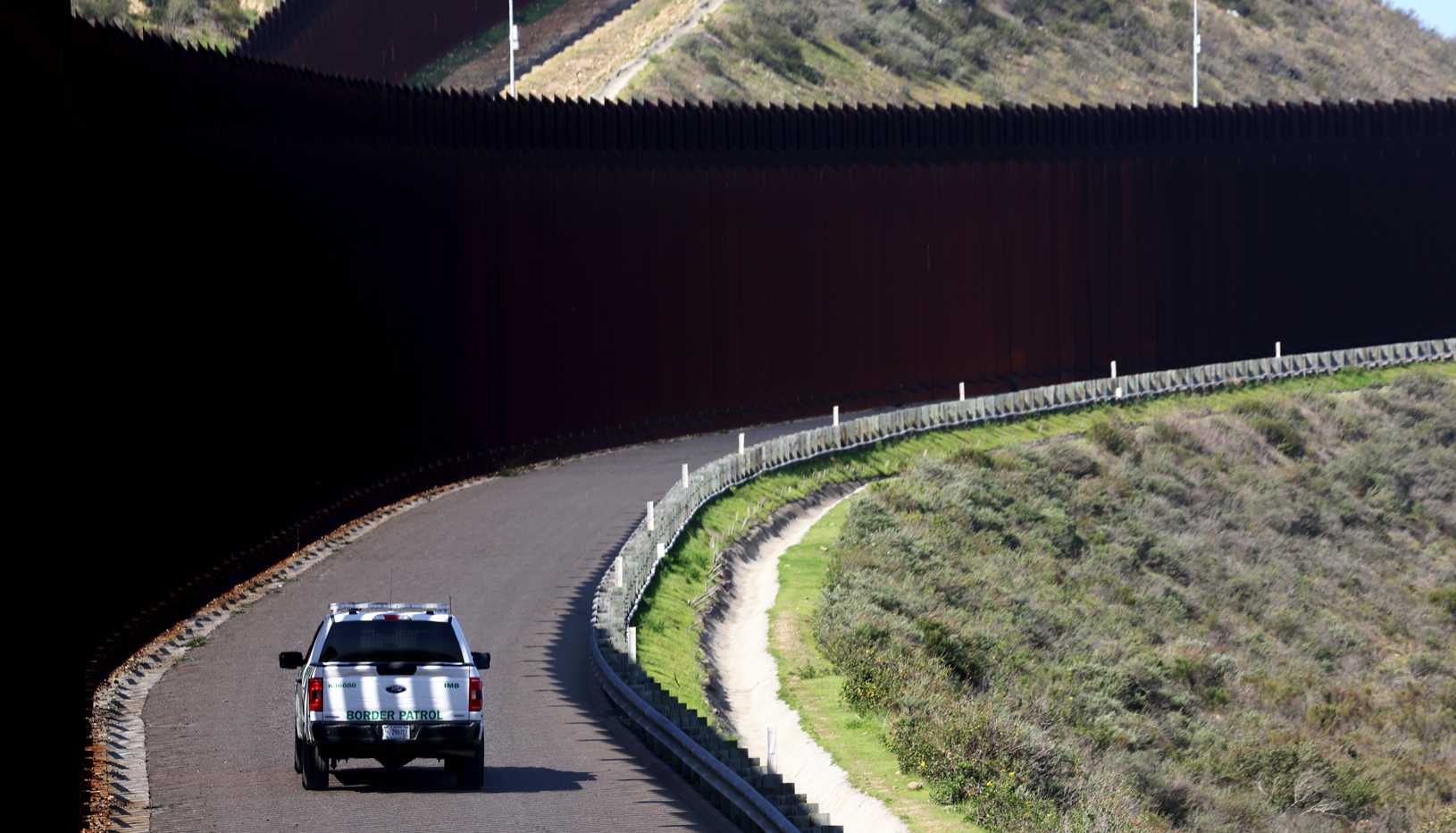The domestic activities of the U.S. military are governed by a complex web of laws. The key pillars of this framework are the Posse Comitatus Act and the Insurrection Act, which have not been meaningfully updated since the 19th century. Designed for a dramatically different country than the 21st century United States, these laws give presidents broad authority to use military forces as a domestic police force, in violation of this country’s founding principles. State governors have even broader powers to deploy their own national guard forces.
Moreover, in some areas, the law is dangerously unclear. Even the vital question of whether the Constitution allows the federal government to declare martial law has never been conclusively answered by the courts. This uncertainty makes it easier for unscrupulous government actors to circumvent the few safeguards against abuse that do exist.
The risks of the current system were vividly illustrated when President Trump issued an order purporting to authorize the federalization and deployment of California National Guard soldiers in Los Angeles, which a federal judge later ruled to be illegal.
The Brennan Center has brought these issues to light through its research. We also are working with allies to develop and promote reforms that will prevent future abuses while maintaining the president’s ability to deploy the military domestically in response to genuine emergencies.
Project
Domestic Deployment of the Military
Outdated laws give presidents far too much leeway to deploy military forces inside the United States. We’re working to reform those laws and establish new safeguards against abuse.

Overview
Experts
Stay up to date













